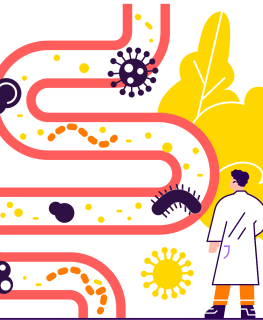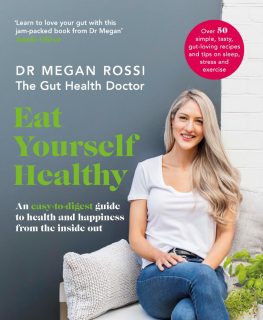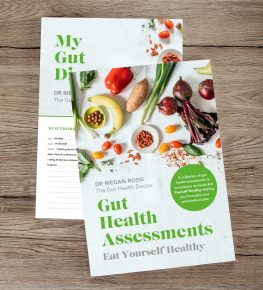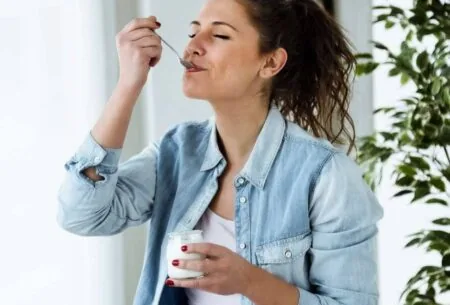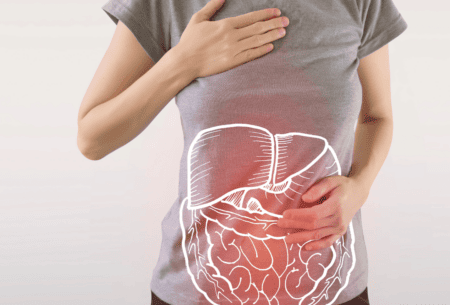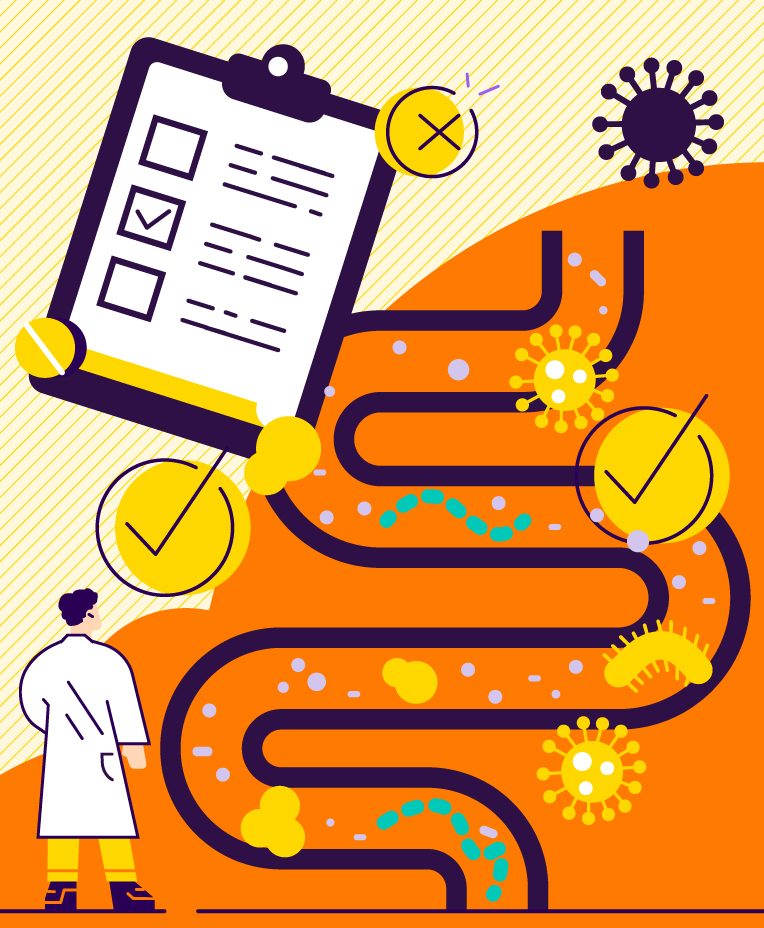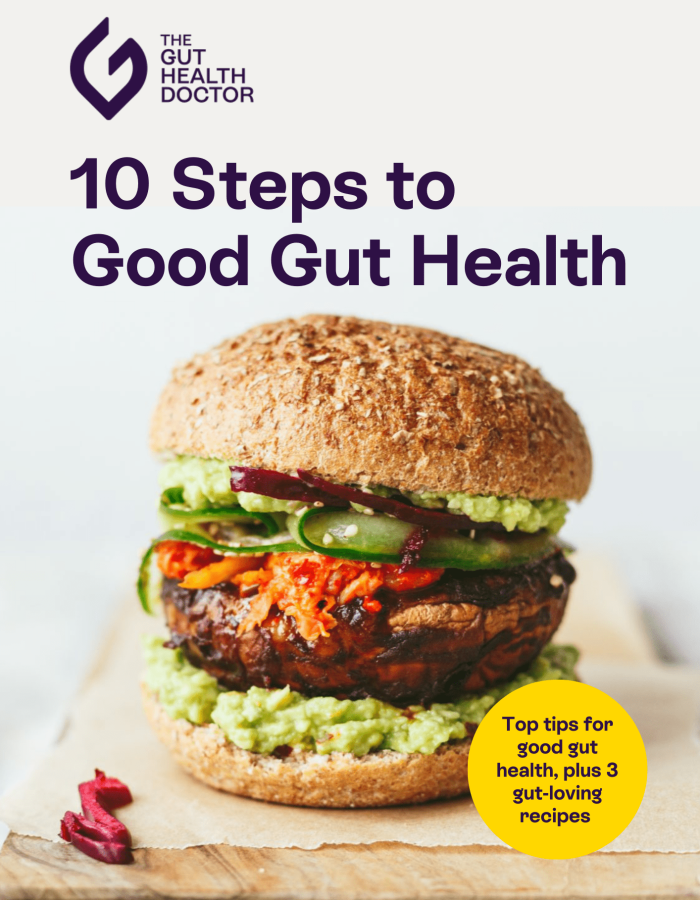Founded in 2019 by leading gut health expert Dr Megan Rossi (PhD, RD), The Gut Health Clinic has supported over 4,000 clients with personalised, science-backed care to help them feel their best.
Our team of specialist dietitians address a wide range of health concerns, including digestive issues, gut disorders (like IBS and IBD), women’s health, food intolerances, chronic conditions and weight management.
Appointments are available online as well as in London
and Manchester.
If you have private health insurance, your consultations may be covered — we’re recognised by Aviva, Bupa, Cigna, Healix, Vitality and WPA. Get in touch and we’ll guide you through the process.
